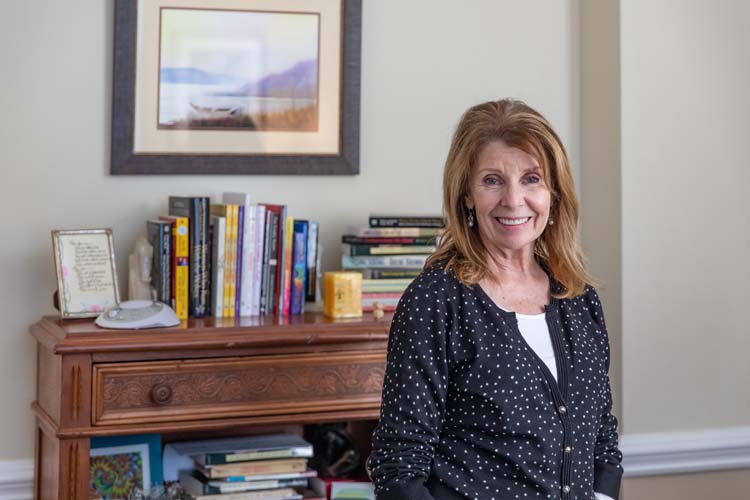A new study out of Germany has good news for older men and women about a topic they likely don’t give much thought – housework.
The study was led by Nicholas Adjei and Tilman Brand of the University of Bremen in Germany and was designed to get a better idea of how adults spend their time in later life, and how certain everyday activities impact their health. The results were recently published in the journal BMC Public Health.
The researchers found that people over age 65 who spend between at least 3 hours each day on housework were 25 percent more likely to report good health, compared to those who engage in those activities for less than 2 hours each day.
These results make sense to Sharon Paxton, a Licensed Clinical Social Worker with a private practice in Vero Beach. She says “housework chores – such as dusting, vacuuming, loading the dishwasher, and doing laundry – improve our core strength, which in turn improves our balance and stability. Good core strength also provides protection for our spinal cord and internal organs.”
As defined by the study, housework goes well beyond cleaning and cooking; it also includes gardening, household repairs, food shopping, making doctor appointments, managing budgets, paying bills, organizing insurance information, buying presents for family and friends, arranging holiday get-togethers, and planning vacations.
Study co-leader Adjei says “the percentage of those aged 65 years and above is increasing globally due to higher life expectancy. It is important to understand how older adults spend their time in these later years and the possible positive and negative implications for their health.”
To reach their conclusion about the health benefits of housework, Adjei and Brand analyzed data from the Multinational Time Use Study (MTUS), which provided information on how people aged 65 and older spent their time. The MTUS was first put together by researchers from the University of Oxford in the United Kingdom, and included data on over 15,000 men and 20,000 women living across a number of countries, including the United States, the U.K., Italy and Germany.
An earlier study from the University of California-San Diego School of Medicine reported on the health benefits of “light physical activity,” a category that much housework falls into. While the University of Bremen study drew its conclusions from the self-reporting of MTUS participants about their health, the California study used objective data, and indicated that the risk of mortality fell by 12 percent for every 30 minutes of daily light physical activity.
Andrea LaCroix, Ph.D., a professor in the Department of Family Medicine and Public Health, is the lead author of the University of California study. She says “we don’t have to be running marathons to stay healthy. The paradigm needs to shift when we think about being active. Every movement counts. A lot of what we do on a daily basis is improving our health, such as walking to the mail box, strolling around the neighborhood, folding clothes, and straightening up the house.”
Vero’s Paxton adds, “Research shows that the risk of type 2 diabetes, cardiovascular disease, high blood pressure, and accidental falls increase fractures can be life-changing events. Daily chores such as cooking and housework break up sedentary time, and walking reduces the risk of osteoporosis for both women and men. The more you do, the greater the health benefits.”
Having a tidy, well-ordered home with things squared away and taken care of, likely contributes to psychological well-being and benefits health in a range of ways.
Using the same MTUS data, the researchers from Germany also studied the difference between older men and women on the time they spent on housework, using the broad definition noted above – something they say has never before been investigated.
The verdict? On average, older men engaged in household activities 3.1 hours daily, while older women spent 4.7 daily hours on those activities.
According to study co-leader Brand, this inequitable division of housework is problematic; he says “in order to achieve equity in health, there should be a balance in the distribution of household tasks among older men and women.”
Sharon Paxton’s advice on how to make that happen: “The key is effective communication about who is responsible for what. And if one partner doesn’t accomplish their responsibilities, the other should not pick up the slack, as that can lead to arguments, resentment and bitterness.”
Sharon Paxton’s private practice is located at 1850 43rd Ave in Vero Beach; her phone number is 772-321-4575.

